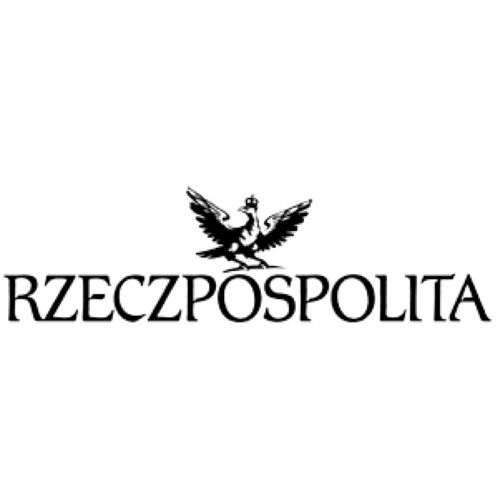The European Union’s once-pioneering efforts to regulate artificial intelligence have hit some roadblocks in the face of new legislation. Lawmakers are struggling to reconcile differing perspectives on foundation models such as generative AI tools like ChatGPT, according to Reuters.
The European Commission unveiled its proposal for the AI Act in 2021, and the European Parliament granted approval in June of 2023. The drafted regulations now have to move through the European Parliament, the Council and the European Commission.
However, a persistent tension between the pursuit of unhindered innovation in the competitive AI landscape and the imperative for robust regulations to prioritize safety remains a central challenge.
Obstacles emerged during EU negotiations when France, Germany and Italy advocated for self-regulation among companies developing foundation models, according to Politico. The three countries proposed a paper asserting the need for a “regulatory framework which fosters innovation and competition, so that European players can emerge and carry our voice and values in the global race of AI.”
Additional contentious issues include a proposal for a complete ban on public facial recognition.
With talks scheduled for Wednesday, Dec. 6, EU leaders face a crucial moment as they strive to finalize a version before the commencement of election campaigns next year. A failure to reach an agreement could jeopardize the legislation.
Simultaneously, while EU negotiations persist, China has surged ahead with its own AI regulation, which took effect in August.
In the United States, President Joe Biden took a significant step in October by issuing an executive order on AI safety. The order requires that developers with AI technology that could threaten national security will share safety test results with the government. However, the executive order only goes so far. President Biden called on Congress to take further actions on AI regulation.




































